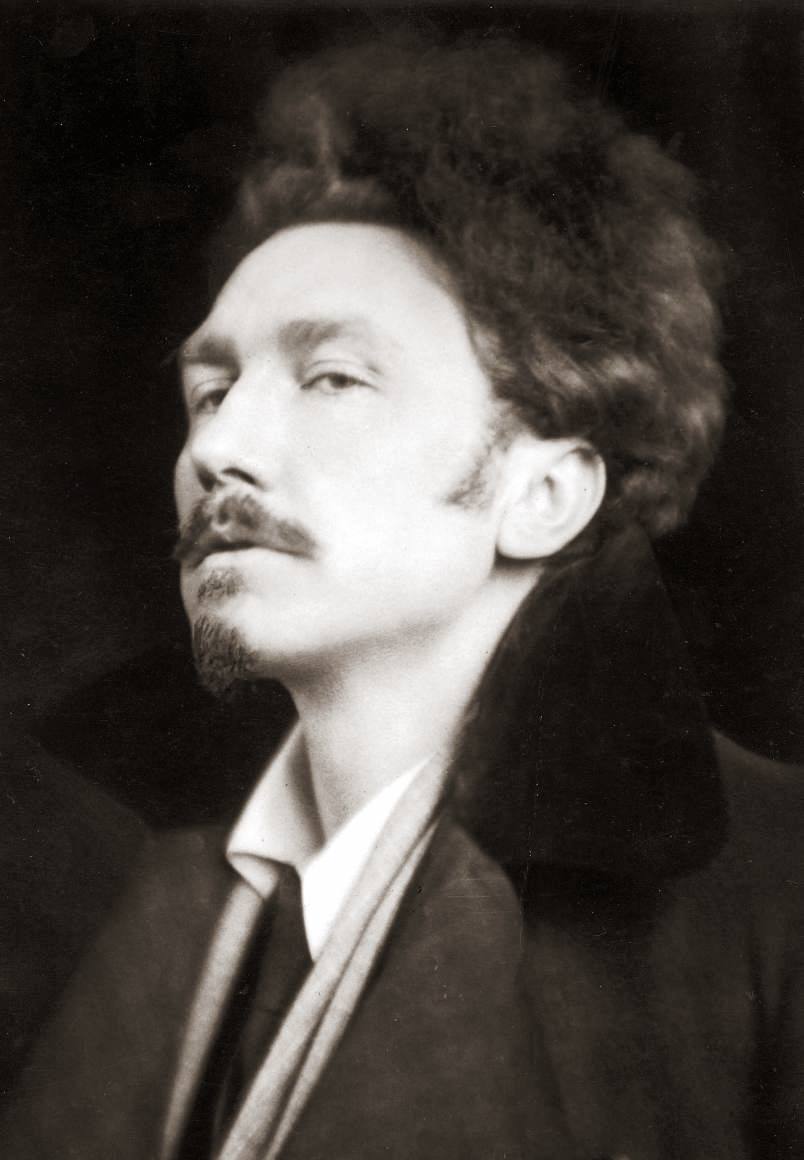A sage was praised to Zarathustra for knowing how to speak well of sleep and of virtue: he was said to be honored and rewarded highly for this, and all the youths were said to be sitting at his feet. To him Zarathustra went, and he sat at his feet with all the youths. And thus spoke the sage:
"Honor sleep and be bashful before it—--that first of all. And avoid all who sleep badly and stay awake at night. Even the thief is bashful before sleep: he always steals silently through the night. Shameless, however, is the watchman of the night; shamelessly he carries his horn.
"Sleeping is no mean art: for its sake one must stay awake all day. Ten times a day you must overcome yourself: that makes you good and tired and is opium for the soul. Ten times you must reconcile yourself again with yourself; for, overcoming is bitterness, and the unreconciled sleep badly. Ten truths a day you must find; else you will still be seeking truth by night, and your soul will remain hungry. Ten times a day you must laugh and be cheerful; else you will be disturbed at night by your stomach, this father of gloom.
"Few know it, but one must have all the virtues to sleep well. Shall I bear false witness? Shall I commit adultery? Shall I covet my neighbor's maid? All that would go ill with good sleep.
"And even if one has all the virtues, there is one further thing one must know: to send even the virtues to sleep at the right time. Lest they quarrel with each other, the fair little women, about you, child of misfortune. Peace with God and the neighbor: that is what good sleep demands. And peace even with the neighbor's devil else he will haunt you at night.
"Honor the magistrates and obey them—--even the crooked magistrates. Good sleep demands it. Is it my fault that power likes to walk on crooked legs?
"I shall call him the best shepherd who leads his sheep to the greenest pasture: that goes well with good sleep.
"I do not want many honors, or great jewels: that inflames the spleen. But one sleeps badly without a good name and a little jewel.
"A little company is more welcome to me than evil company: but they must go and come at the right time. That goes well with good sleep.
"Much, too, do I like the poor in spirit: they promote sleep. Blessed are they, especially if one always tells them that they are right.
"Thus passes the day of the virtuous. And when night comes I guard well against calling sleep. For sleep, who is the master of the virtues, does not want to be called. Instead, I think about what I have done and thought during the day. Chewing the cud, I ask myself, patient as a cow, Well, what were your ten overcomings? and what were your ten reconciliations and the ten truths and the ten laughters with which your heart edified itself? Weighing such matters and rocked by forty thoughts, I am suddenly overcome by sleep, the uncalled, the master of the virtues. Sleep knocks at my eyes: they become heavy. Sleep touches my mouth: it stays open. Verily, on soft soles he comes to me, the dearest of thieves, and steals my thoughts: stupid I stand, like this chair here. But not for long do I stand like this: soon I lie."
When Zarathustra heard the sage speak thus he laughed in his heart, for an insight had come to him. And thus he spoke to his heart:
"This sage with his forty thoughts is a fool; but I believe that he knows well how to sleep. Happy is he that even lives near this sage! Such sleep is contagious—--contagious even through a thick wall. There is magic even in his chair; and it is not in vain that the youths sit before this preacher of virtue. His wisdom is: to wake in order to sleep well. And verily, if life had no sense and I had to choose nonsense, then I too should consider this the most sensible nonsense.
"Now I understand clearly what was once sought above all when teachers of virtue were sought. Good sleep was sought, and opiate virtues for it. For all these much praised sages who were teachers of virtue, wisdom was the sleep without dreams: they knew no better meaning of life.
"Today too there may still be a few like this preacher of virtue, and not all so honest; but their time is up. And not for long will they stand like this: soon they will lie.
"Blessed are the sleepy ones: for they shall soon drop off."
Thus spoke Zarathustra.
-- Nietzsche, Thus Spoke Zarathustra





